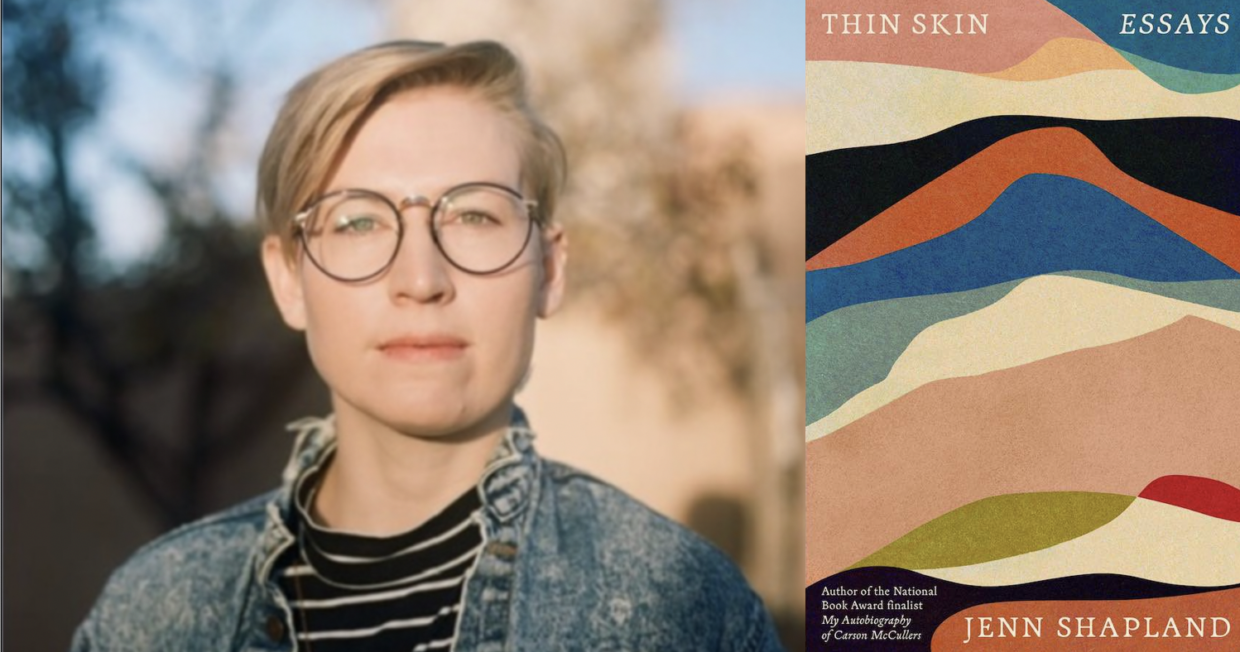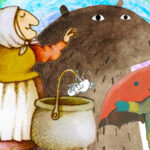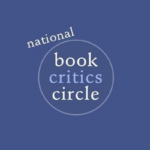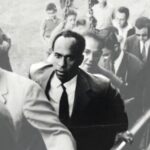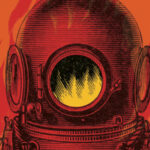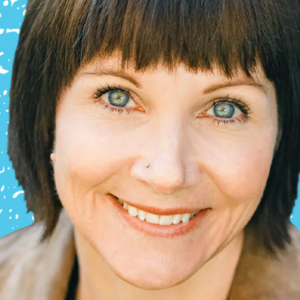Jenn Shapland on Learning Radical Acceptance
In Conversation with Mitzi Rapkin on the First Draft Podcast
First Draft: A Dialogue of Writing is a weekly show featuring in-depth interviews with fiction, nonfiction, essay writers, and poets, highlighting the voices of writers as they discuss their work, their craft, and the literary arts. Hosted by Mitzi Rapkin, First Draft celebrates creative writing and the individuals who are dedicated to bringing their carefully chosen words to print as well as the impact writers have on the world we live in.
In this episode, Mitzi talks to Jenn Shapland about her new essay collection, Thin Skin.
Subscribe and download the episode, wherever you get your podcasts!
From the episode:
Mitzi Rapkin: Because so many of these essays focus on this climate crisis, they focus on the excess of being human, the things we buy. You write in there that “excess is a violent force.” And you write about the path of creativity and not having kids and a lot about Rachel Carson. And you talk about the concept of radical acceptance, and that that’s something one of your therapists was trying to help you with. I was curious about that.
Jenn Shapland: Radical acceptance? Yeah, I haven’t quite figured it out yet. But it’s an interesting idea. I don’t have a lot of answers in this book, I really have a lot of big questions that I’m asking and that I want other people to sit with. And, you know, I want conversations to come up around those questions. But one conclusion that I did come to is that, as much as it seems to be helpful for some people to deny that climate change is happening, or deny that these different forms of environmental destruction are happening, often in the name of consumer capitalism, often in the name of us obtaining stuff, that living in the dark does not solve the problem, it doesn’t feel good either. Like, it doesn’t actually make it go away, or make you feel any better. Because there are all of these different forms of guilt and complicity that lurk under our knowledge and awareness around climate change. And those feelings are still there, even if you’re pretending it’s not happening. I think this summer is a good example. Because this summer, it is really hot in a lot of places. And, you know, that’s been happening for years. But I think people are feeling it on a day-to-day level in a way that they maybe have not felt it before. That’s something I’m noticing in conversation and noticing it in the media. And I think you can’t really live in the space of feeling that heat and also refusing to know what’s going on. So radical acceptance, for me, requires first acknowledging what has happened, and what is happening, and why it’s happening and how you might be complicit within that, how you might even be responsible for that. And then the second part, you know, beyond the acceptance, I guess, that I arrive at is this need to think about legacy and to think about, okay, if the legacy of human beings on this planet right now is one of destruction and devastation and species extinction, not to mention all these social problems we’ve also brought and violence and, and suffering. I mean, if that’s what we’ve managed to do so far, rather than try to erase our impact, like get rid of our carbon footprint, what are some other ways we could start thinking about legacies we want to leave, legacies we want to leave behind.
***
Jenn Shapland is a writer living in New Mexico. Her first book, My Autobiography of Carson McCullers, was a finalist for the 2020 National Book Award and the Southern Book Prize, and won the 2021 Lambda Literary Award, the Judy Grahn Award, and the Christian Gauss Award. Her second book is called Thin Skin.

